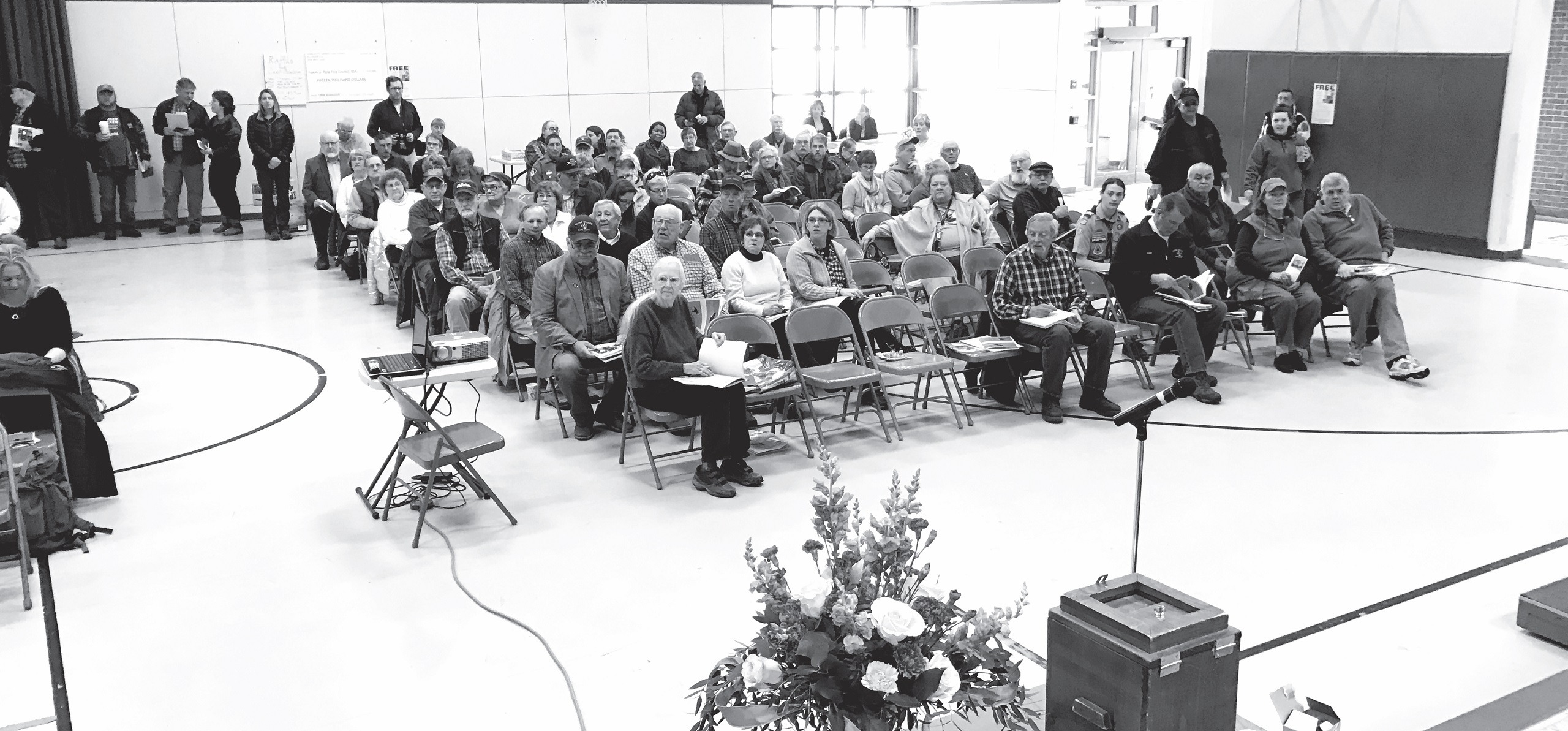VASSALBORO NEWS: School budget does not look good for taxpayers
by Mary Grow
State and other non-tax revenues down, expenditures up – the initial proposal for the 2017-18 Vassalboro school budget does not look good for taxpayers.
At the first joint meeting of the school board and budget committee, AOS (Alternative Educational Structure) #92 Superintendent Eric Haley said he expects a slight improvement by the time the two committees meet again April 11; but he will not have final revenue figures until state legislators and the governor approve school funding in June.
Potential reductions in expenditures include a downward revision of the salaries and benefits line to allow for the replacement of two veteran teachers who are retiring in June with less experienced and lower-paid teachers; a reduction in expected tuition costs; and, with luck, a smaller increase in insurance premiums than projected.
The preliminary budget papers school board and budget committee members shared at their March 30 meeting showed an increase in expenditures of more than $196,000 and a decrease in non-tax revenue of almost $329,000. Without changes, the school department would need $525,522 from local property taxes for 2017-18, 16 percent more than in the current fiscal year. School Board Chairman Kevin Levasseur observed that every school district in Maine is taking a similar hit. Perhaps, he said, there will be pressure on the legislature to increase state funding.
Superintendent Haley said one provision in Governor Paul LePage’s school budget plan eliminates state support for superintendent’s offices, to encourage schools to join in regional service centers. AOS #92 is slated to lose its central office support, a loss of more than $100,000, Finance Director Paula Pooler said. Haley said by his definition the office is a service center administering the three separate Vassalboro, Waterville and Winslow school systems, and should not be penalized.
Budget committee members did not go into details of the proposed budget. They met April 3 to develop questions to forward to the school department in advance of the next joint meeting, scheduled for Tuesday evening, April 11.


